-
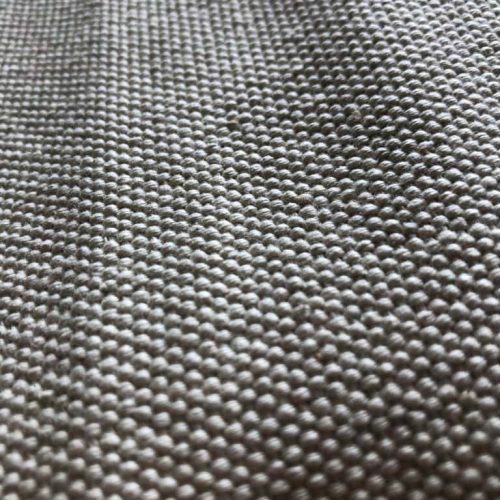
Belting
0,00 € Siųsti užklausą -
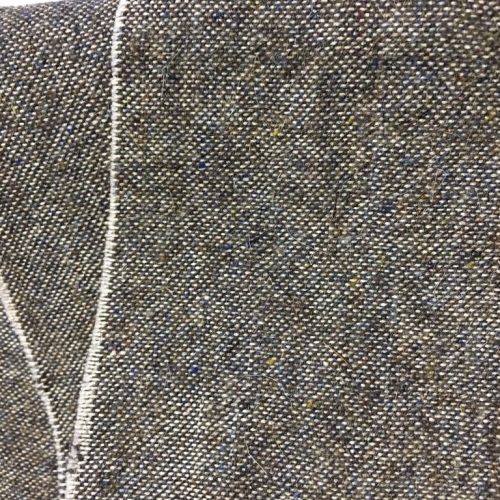
Brushed flannel
0,00 € Siųsti užklausą -
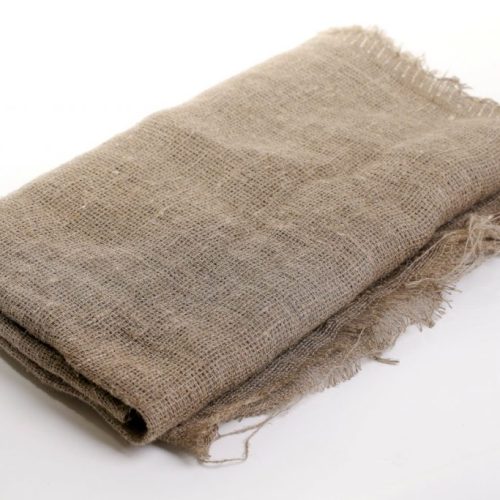
Cleaning cloth
0,00 € Siųsti užklausą -
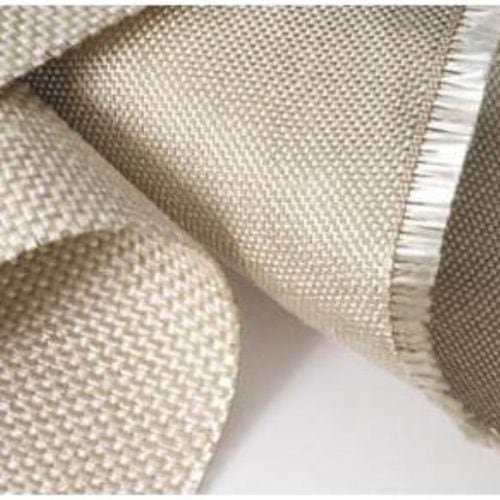
Diagonal
0,00 € Siųsti užklausą -
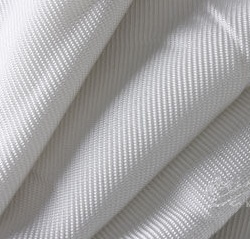
Filter press fabric
0,00 € Siųsti užklausą -
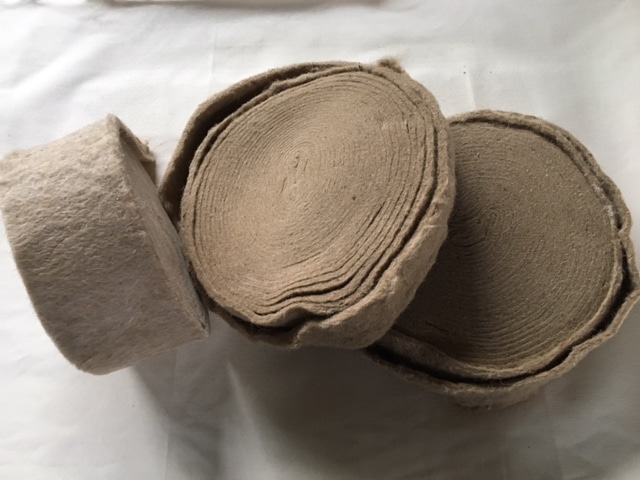
Jute
0,00 € Siųsti užklausą -
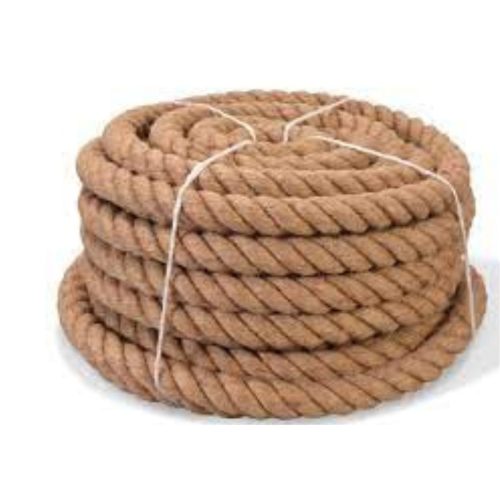
Jute rope
0,00 € Siųsti užklausą -
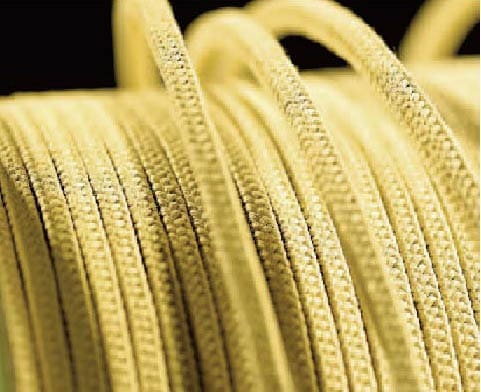
Kevlar
0,00 € Siųsti užklausą -
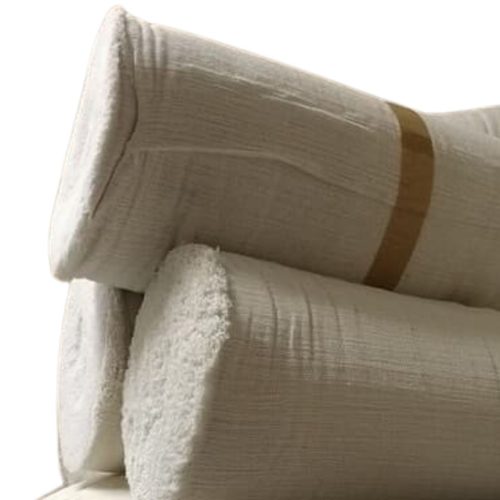
Netkolas
0,00 € Siųsti užklausą -
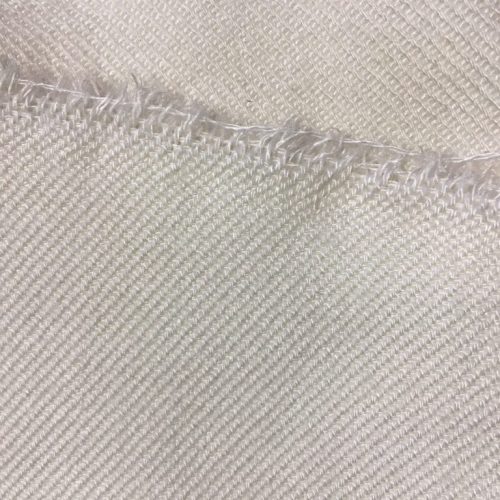
Polypropylene
0,00 € Siųsti užklausą -
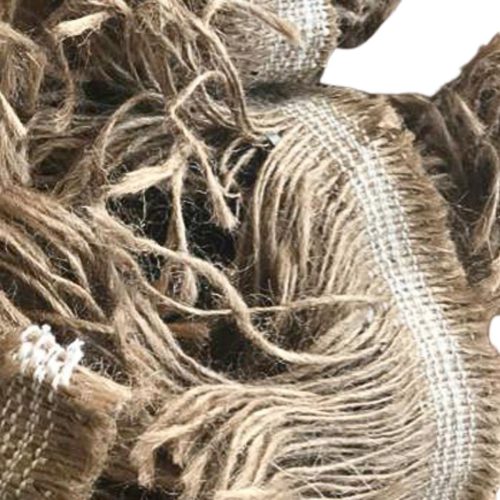
Raw materials for fabrics
0,00 € Siųsti užklausą -
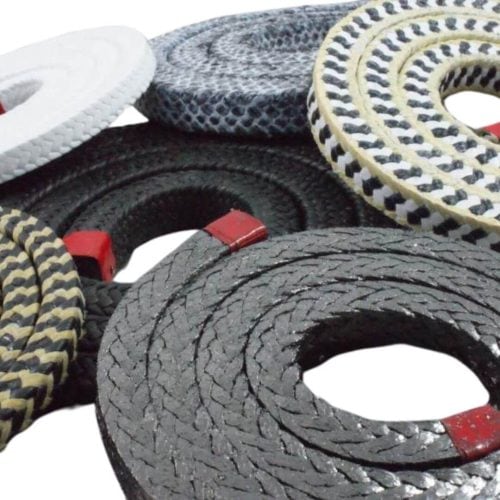
Sealing materials
0,00 € Siųsti užklausą -
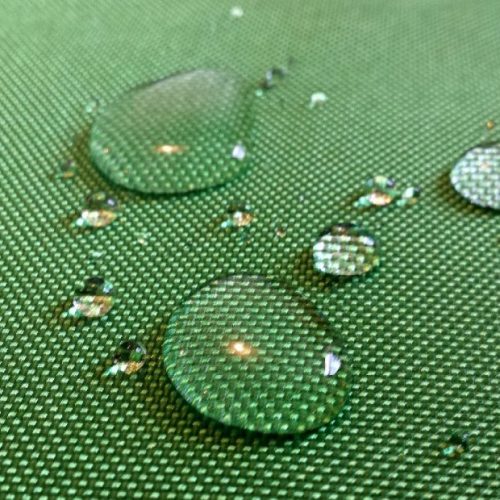
Tarpaulin
0,00 € Siųsti užklausą
Technical fabrics – high-quality solutions for industrial applications
Technical fabrics, also known as technical textiles, are specialized materials with specific physical properties designed for use in a wide range of industrial applications. These fabrics are tailored to specific industrial requirements and are used in areas such as construction, manufacturing, transportation, the medical industry, and even space. Due to their durability, resistance, and universal properties, technical textiles ensure high efficiency and reliability even under extreme conditions.
Properties and uses of technical textiles
Technical fabrics have a variety of properties that make them valuable in many industrial sectors. These materials are ideal for use in harsh conditions where reliability, resistance, and durability are essential. The main properties of technical fabrics are as follows:
- Resistance to temperature fluctuations: Technical fabrics often have excellent thermal insulation properties and can withstand both high and low temperatures.
- Resistance to chemicals and moisture: These fabrics are resistant to most chemicals and can be used in wet environments where traditional fabrics would not be suitable.
- Abrasion and tear resistance: This ensures that the fabrics remain functional even after prolonged exposure to intensive use.
These fabrics are manufactured using a variety of materials, such as natural fibers (silk, cotton), synthetic fibers (polyamide, polyester, acrylic), wool fibers, and artificial fibers (viscose, leocel), depending on the properties required.
Applications in various industries
Technical fabrics are widely used in various industries where strength, durability, and resistance to various environmental factors are required. For example, in the construction sector, these fabrics are used as reinforcement, insulation, and fastening elements, while in the manufacturing industry, they are used as protective measures or filter materials. The right fabrics help optimize processes, ensuring high quality and durability.
Technical fabrics are also used in sectors such as:
- Automotive industry: For sound insulation, vibration reduction, and heat protection.
- Construction: As reinforcement, insulation, sound insulation, and fastening materials.
- Food industry: These fabrics are also used as filters and protective materials.
- Space: Special fabrics used in space equipment and various advanced technologies.
Processing and application of technical fabrics
Technical fabrics can be processed using various methods, such as: cutting, dyeing, lamination, impregnation. These methods ensure that the fabrics meet the necessary technical requirements and are suitable for specific industries. Due to their versatility, technical fabrics can be customized to individual orders and specific projects, ensuring maximum efficiency and durability.
Customized solutions and fast delivery
Each project may have specific requirements, so technical fabrics can be customized to individual orders. Customizing fabrics to customer requirements ensures that all products meet the highest standards of quality and functionality.
Technical fabrics ordered from us are delivered quickly to all cities in Lithuania: Kaunas, Vilnius, Šiauliai, Panevėžys, and Klaipėda. We ensure fast service so that all orders are fulfilled on time and meet the highest quality standards.
Technical fabrics offer a wide range of possibilities in various industries and can be customized to individual requirements, ensuring successful project implementation and maximum operational efficiency.
